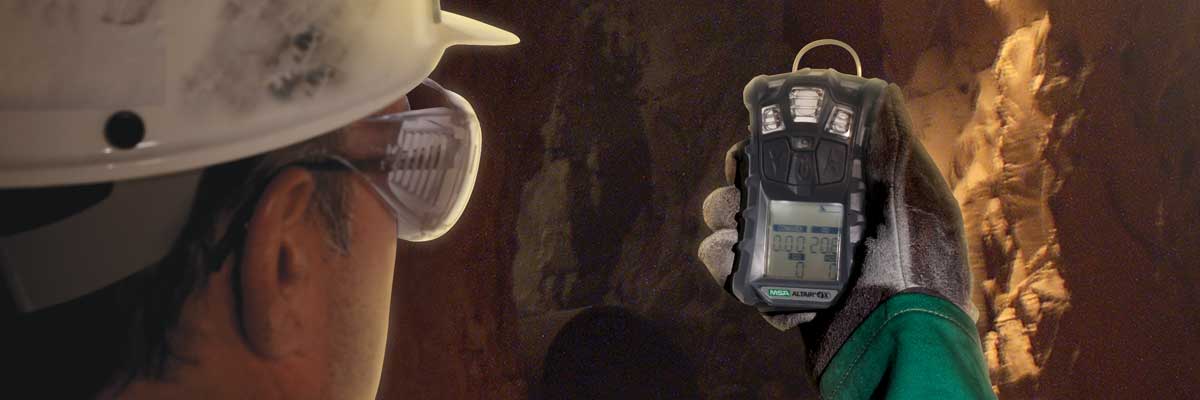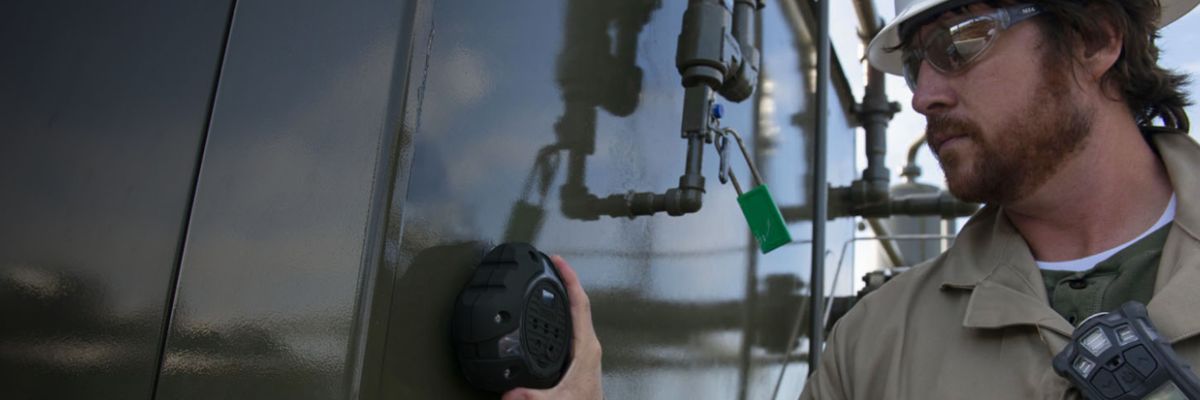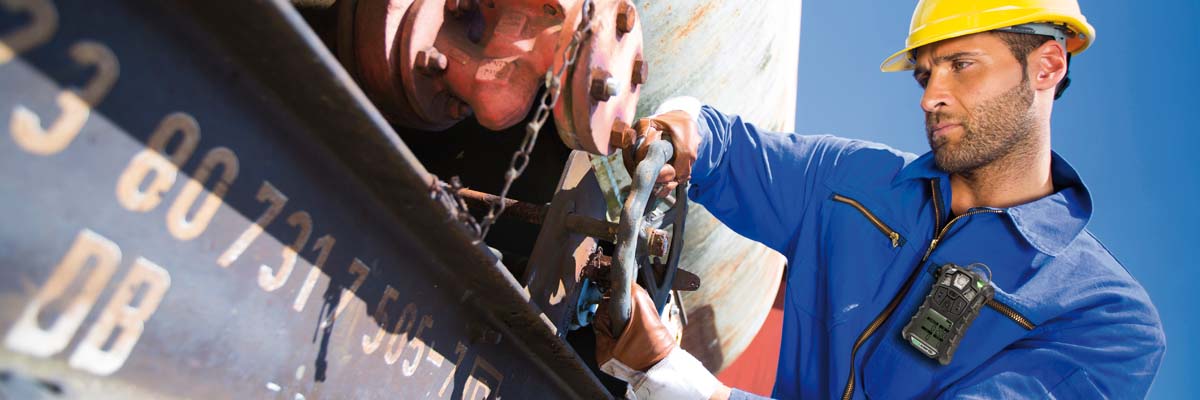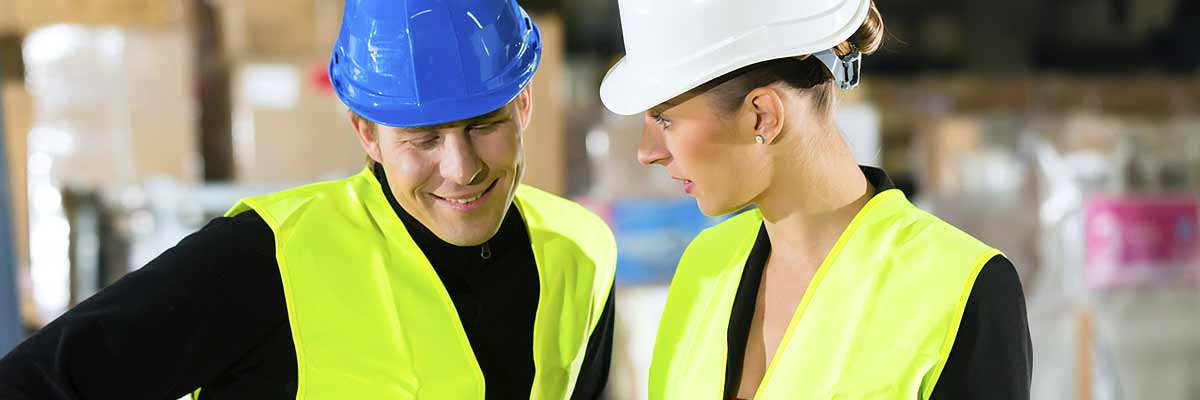Respiratory Protection
- 12/23/2025
Everything You Need to Know About Crystalline Silica Exposure
Did you mention crystalline silica? What exactly is it and how could it affect me at work?
We’ve got some answers for you, and you’ll better understand why it’s important to keep up to date with Quebec’s regulatory changes.
- SPI10/3/2025
The Right Way to Clean Your Gas Detector Devices
Learn how to safely clean your gas detector. Discover why regular disinfectants can damage sensors and how proper cleaning ensures accurate gas detection.
- SPI4/8/2025
The beard and the respiratory protection mask: a duo to avoid
Half-masks and full-facepiece respirators require an optimal seal to guarantee their effectiveness, and the beard can impede it considerably.
- 2/5/2025
What You Need to Know for Efficient Respiratory Protection
If your work environment contains a high level of harmful airborne particulates, it is crucial to wear the best protective equipment possible. To achieve this, you must take into account various aspects.
- SPI9/11/2024
Have you properly identified all asbestos sources?
Everyone knows that asbestos dust can be deadly. Are you sure that your workers are NEVER exposed to it? Here is what should be verified in order to preserve the lung health of your employees!
- 4/12/2024
The Benefits of Connected Gas Detection
It’s no secret that we are connected in our modern world. Quick connectivity, cloud data storage and smart devices are part of our reality in our personal and professional lives. - SPI2/8/2024
Summary: Beyond Sparks and Flames
Our webinar on welders’ respiratory protection is back, and we decided to offer a summary of all the concepts. Learn more about welding hazards and possible solutions offered to you. - SPI7/28/2023
5 Benefits of a PAPR System
A powered air-purifying respirator (PAPR) is a type of personal protective respiratory equipment designed to protect workers from breathing contaminated air. PAPRs, also known as blowers, usually feature the same four components: a hood (headtop), a powered fan, a filter, and a battery. These respiratory protection systems are engineered to take contaminated air, remove a sufficient proportion of the hazard, and deliver the clean air to the worker.
- SPI3/8/2022
How to don on and don off a disposable N95 respirator
Many individuals and workers are now wearing disposable masks on a daily basis to protect themselves during this pandemic. At this time when protection is essential, it is crucial to adopt good practices to maximize the effectiveness of the disposable mask to protect you or your workers.
- SPI9/27/2021
Are you using area monitoring for your gas detection? Here are 10 tips from MSA.
The implementation of a gas detection program may seem complex at first. It includes protocols and equipment to prevent and react in case of a gas leak. Gases represent a potentially fatal danger for workers; therefore, the importance of a properly structured program is even more crucial.
- SPI2/26/2021
Overview of the Audit and Inspection Webinar
On our recent webinar on audits and inspections, our occupational hygienist and subject matter expert, Sébastien Boisvert, offered an overall and detailed vision of what this service can bring to your organization, both in the short and long term.
- SPI1/18/2021
What can be found in the air?
When we think of breathable air, we believe that the concept is limited to a mixture of nitrogen and oxygen. But did you know that air is never 100% pure?














